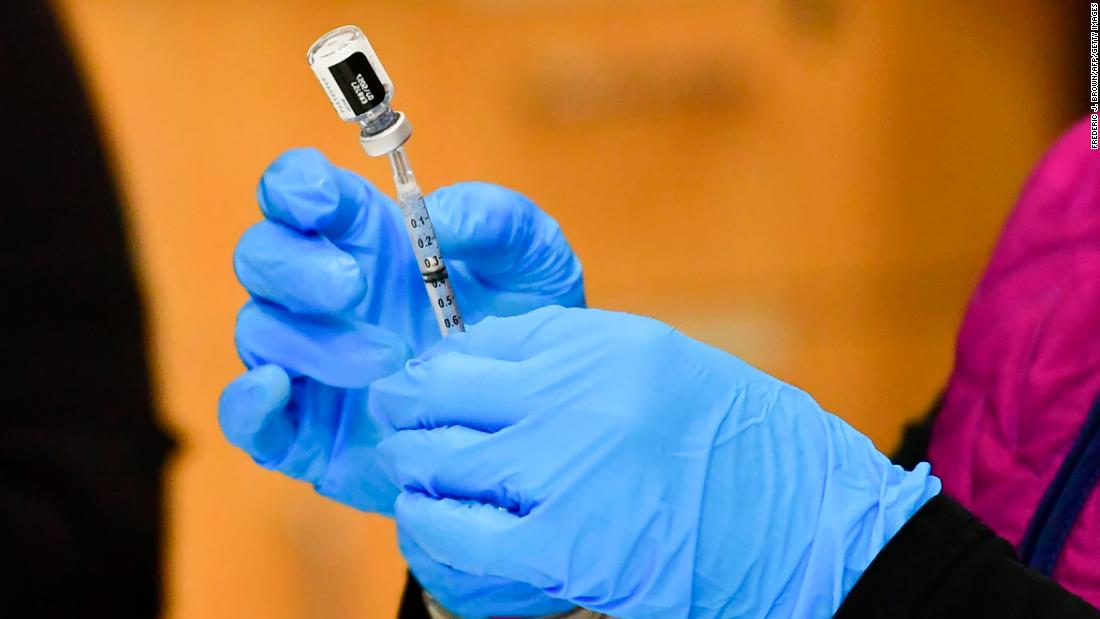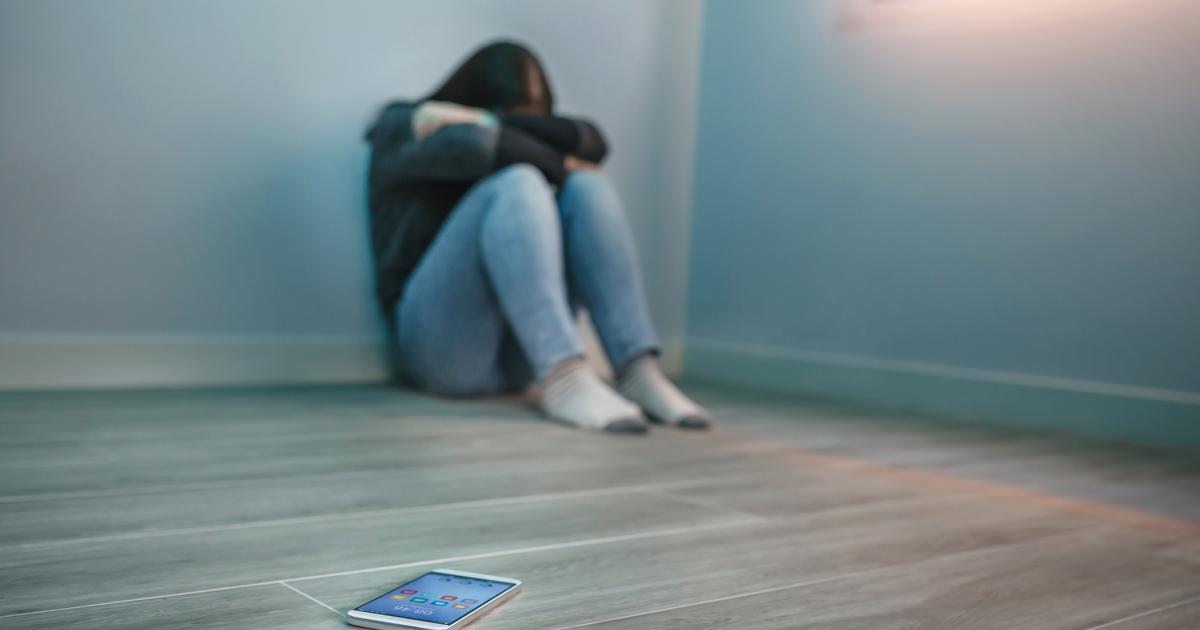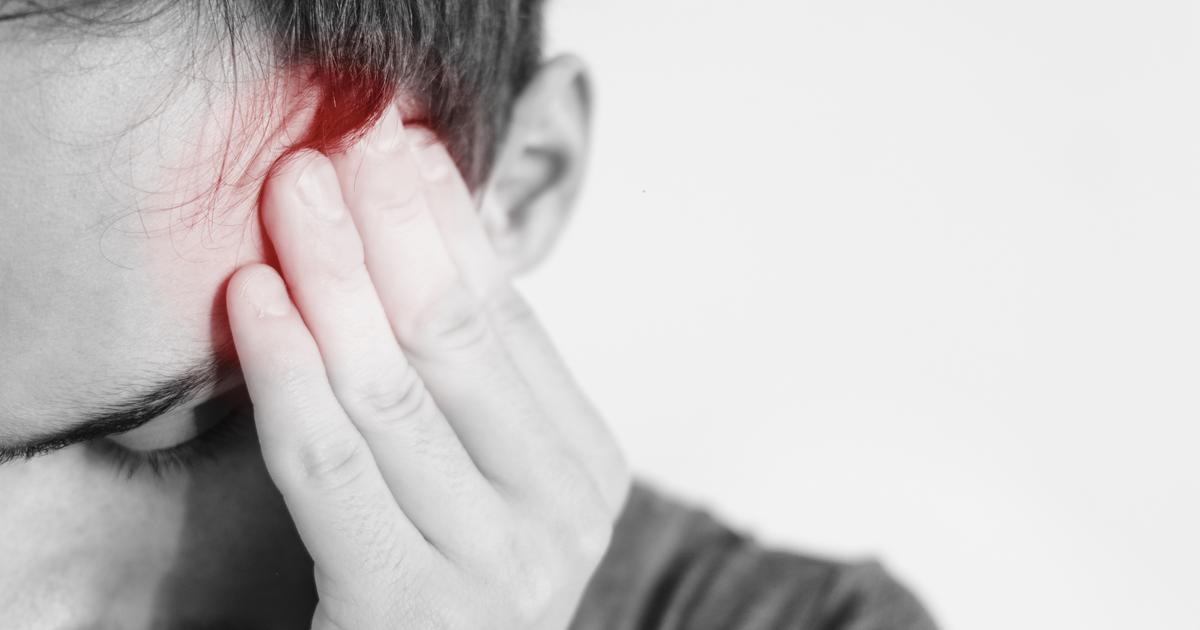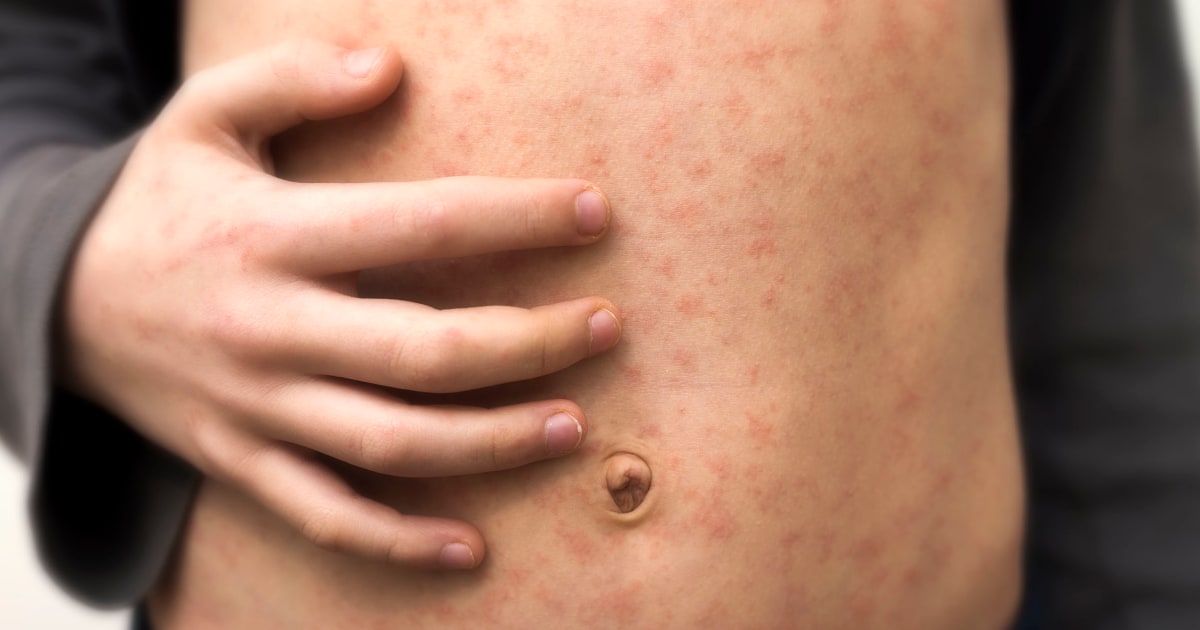They ask to give priority to trials of the vaccine for children 0:41
(CNN) -
With more than 44 million people fully vaccinated against COVID-19 in the United States, many adults are hopeful that a more normal life is on the horizon.
Now families are wondering when vaccines will be available for teens and children.
The COVID-19 vaccines currently licensed in the United States are only available for adults, except for the Pfizer / BioNTech vaccine, which is licensed for individuals 16 years of age and older.
While there is a possibility that a vaccine will be available for high school-aged minors this fall, younger children may still be months away from receiving the vaccine when the next school year begins.
Dr. Anthony Fauci, director of the National Institute of Allergy and Infectious Diseases, has said that younger children may have to wait until the first trimester of 2022.
However, trials are already beginning.
Last week, the first children were vaccinated in Moderna's KidCOVE phase 2/3 pediatric trial, which includes children ages 6 months to 11 years.
What about coronavirus vaccines for children?
Dr. Huerta reviews scientific efforts
Children and the vaccine against covid-19 1:21
Dr. Buddy Creech, director of the Vaccine Research Program at Vanderbilt University and an investigator in Moderna's pediatric trials, estimates that a COVID-19 vaccine will not be available to children 11 and younger until November or December. , at the earliest.
advertising
Pfizer / BioNTech and Moderna have been testing their vaccines in people as young as 12 years old.
And experts are confident that the results will be ready in time for children 12 and older to get vaccinated for the next school year.
Creech said the vaccines could be available to high-risk children 12 and older in July or August.
Johnson & Johnson has announced plans to begin testing its vaccine in people ages 12 to 18, and J&J CEO Alex Gorsky said - this month - the company will likely have a vaccine available for those under 18 in September. .
In February, the University of Oxford announced that it would begin testing the AstraZeneca vaccine in people ages 6 to 17.
Novavax said it hopes pediatric trials of its vaccine will begin soon.
But each vaccine must be carefully tested in pediatric populations until enough data is generated for the US Food and Drug Administration (FDA) to evaluate whether it is safe and effective.
What is the effect of the Covid-19 vaccine on a person who has already had the disease?
Hispanics are among the least vaccinated in the US 0:40
What does this mean for the next school year?
Parents and teachers should get vaccinated by this fall, but many children, especially those under the age of 12, likely will not be.
Children are much less likely to become seriously ill or die from COVID-19 than adults, and there is growing evidence that, with proper precautions, the risk of transmitting the virus at school is low.
"Children's hospitals have not been full due to this pandemic," Creech said.
"The pandemic swept through the United States, more than in any other country, and yet our children's hospitals were typically used for overflowing adult hospitals."
Most health experts and authorities, including the U.S. Centers for Disease Control and Prevention (CDC), do not list vaccinating children as a prerequisite for returning to the United States. learning in person, but it will add a degree of protection for students, school staff and their families.
How will pediatric trials work?
Trials of the pediatric COVID-19 vaccine will aim to determine whether vaccines can protect children from getting sick if they are exposed to the virus.
Researchers will test the vaccines in adolescents first and advance to the younger age groups, who may need different doses.
"We start with low doses and work our way up until we find the right time, where we give them enough vaccine to get the right immune response, but without a lot of side effects," Creech said.
All participants in the early part of Moderna's KidCOVE study will receive two doses of the 25-, 50-, or 100-microgram vaccine so that researchers can determine the appropriate dose.
The trial will then be expanded to include participants receiving a placebo so that the safety and efficacy of the vaccine can be studied.
Dr. Steve Plimpton, an OB-GYN and KidCOVE Study Investigator in Phoenix, Arizona, said the 14-month study will include planned breaks, check-ups and blood draws.
The researchers hope to build on the knowledge gained from adult testing.
"What we are waiting for, and I think what we are close to, is to be able to define a number of antibodies in the bloodstream that are a correlate of the protection that we saw in those large phase three trials of 30,000 to 40,000 people," he said. Creech.
Researchers will then look for that level of antibodies in pediatric participants to learn that the vaccine provides protection.
"That way we don't have to do studies of 30,000 children, we can do studies of 5,000 or 10,000 children instead," Creech said.
Women tend to report worse side effects from the COVID-19 vaccine than men.
This is the reason
The use of the vaccine in patients with chronic diseases 2:36
What are the concerns about the side effects and safety of the vaccine?
"Children are not just little adults," Creech said.
"They have an immune system that is very similar to adults, but they have a different level of training, they have seen fewer viruses and they have fewer health problems."
While it's not unusual for a 40-year-old to experience a fever and arm pain after getting vaccinated, those side effects can be more difficult for a 9-month-old to tolerate.
“We want to be really thoughtful so that as we launch vaccination campaigns for children, we can give pediatricians - but more importantly parents - a full expectation of what they might see for a day or two after vaccination. Creech said.
.
Dr. Robert Frenck, director of the Cincinnati Children's Hospital Vaccine Research Center and investigator for the Pfizer trial at the hospital, reviews the "symptom diaries," which participants are asked to keep.
“Children, if they have symptoms, they have headaches, they are having fatigue.
They may have some muscle pain, but other than that, not really much else, ”Frenck said.
«Most of the symptoms disappear in a day or two.
There are many people who have almost nothing.
Some children who contracted COVID-19 experienced MIS-C, or multisystem inflammatory syndrome, which is rare but can cause serious illness in some.
"We will watch it with special interest to make sure we are not seeing it in association with the vaccine, or in association with the vaccine plus an infection that could develop months later," Creech said.
"There is no reason to think that this is going to happen just because of the vaccine, but we are going to be looking for it."
Participants will also be closely monitored for rashes, fever, fatigue, or other health problems.
Covid-19 vaccine clinical trials are overseen by a Data and Safety Monitoring Board (DSMB), made up of independent experts who have access to trial data and can recommend that studies are stopped if there are safety concerns.
Dr. Kathryn Edwards is Scientific Director of the Vaccine Research Program at Vanderbilt University and a member of the DSMB for a COVID-19 vaccine to be tested in children.
"If children get sick, researchers will see them to see if there is any possibility that the disease is related to the vaccine," Edwards said.
"There will be meticulous attention to security issues."
How can children participate in trials?
Plimpton said he has seen an enthusiastic response to the call for participants for Moderna's KidCOVE study, which aims to enroll 6,750 participants in the United States and Canada.
"It's amazing how much parents are dating and willing to try to help us clarify this for their children," Plimpton said.
"I told Moderna that we could probably have the 6,750 patients here in Phoenix, and they have 75 sites in the United States and Canada."
Plimpton noted that the trial does not have specific demographic requirements, but the response has been diverse and the trial sites are spread across the country to include a wide range of participants.
"For the most part, we are welcoming everyone," he said.
"It is happening because all parents want to protect their children."
Rachel Guthrie, a labor nurse in Phoenix, Arizona, enrolled her 3-year-old son and 2-year-old daughter in the Moderna trial.
He said he wants to protect his children from any exposure he encounters and wants his son to have some degree of protection when he returns to preschool in person.
They are ready to receive their first injections this week.
"I took the opportunity because I want my children to have that protection," he said.
"To get approved for this vaccine for children, someone has to be willing to step up."
The researchers hope that children are not the only ones who benefit from the tests.
“We also want the study to give other demographic groups the peace of mind that they can go and get vaccinated.
'Hey, this 6-month-old baby got the vaccine.
Why am I, at 25, not willing to do it? '”Plimpton said.
Coronavirus Vaccine










/cloudfront-eu-central-1.images.arcpublishing.com/prisa/2C5HI6YHNFHDLJSBNWHOIAS2AE.jpeg)



